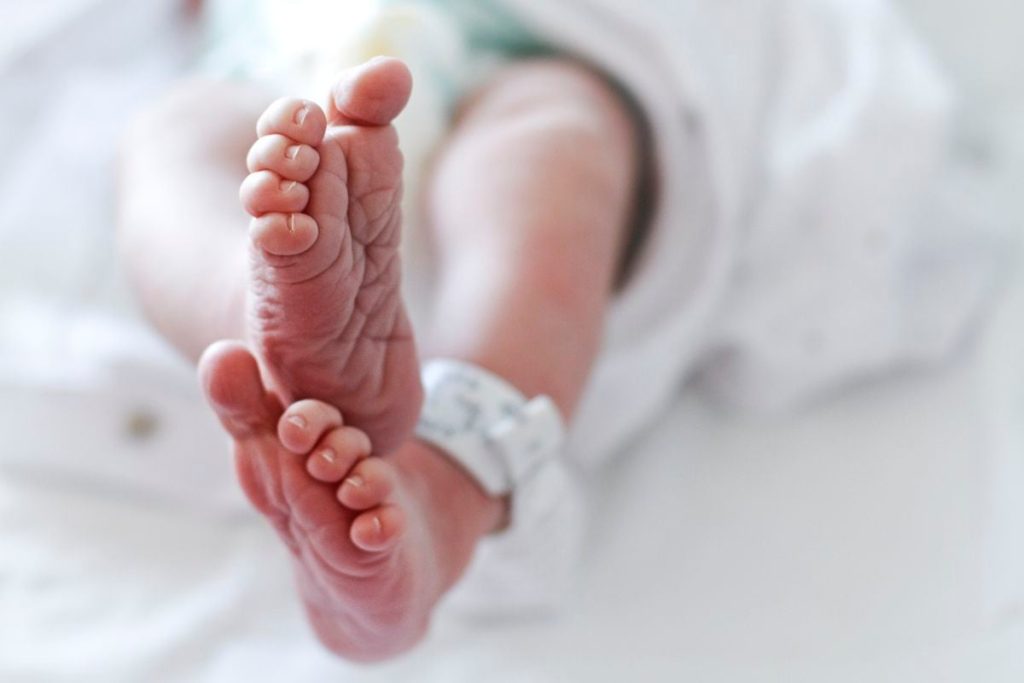Pedro Sánchez, the President of the Government of Spain, announced on Monday from Oviedo that the Ministry of Health will be expanding the basic common services portfolio of the National Health System in neonatal screening, also known as a heel prick test. The current seven tests will be expanded to 11 in the coming weeks, and this number will double by the first quarter of 2025. Sánchez acknowledged that Spain is lagging behind the rest of Europe in terms of early diagnosis of congenital diseases in newborns through screening tests, and there are significant disparities among the autonomous communities in access to these screenings.
While Sánchez did not specify the new tests to be included in the screenings, it has been confirmed by sources in the health sector that they will include deficiencies of biotinidase, maple syrup urine disease, homocystinuria, and congenital adrenal hyperplasia. These screenings were already decided upon by the Ministry of Health and the autonomous communities in the second half of 2022, but their implementation has been delayed until now. The announcement by the President marks a significant step in the right direction, although it would have been preferable for these measures to already be in place, according to Raquel Yahyaoui, Head of Clinical Analysis at the University Regional Hospital of Malaga.
There is still uncertainty around the other 11 tests that will be added to the screening plan, as no information has been disclosed by Sánchez. Over a year ago, discussions were ongoing regarding the inclusion of diseases such as spinal muscular atrophy, methylmalonic acidemia, propionic acidemia, and severe combined immunodeficiency. Spain has struggled for more than a decade to align the various screening strategies followed by the autonomous communities, resulting in wide variations in the number of tests conducted on newborns across regions.
The disparities in neonatal screening practices stem from differences between regional administrations on the necessity and benefits of certain tests that may not always be supported by scientific evidence. This issue is not unique to Spain and is also prevalent in many European countries. In 2014, the Ministry of Health collaborated with the autonomous communities in an attempt to harmonize the screening procedures within the National Health System. Seven tests were agreed upon and deemed to have sufficient evidence to be included in the basic portfolio, such as congenital hypothyroidism, phenylketonuria, cystic fibrosis, and other rare metabolic diseases.
The expansion of neonatal screening tests in Spain is a significant step towards improving early detection of congenital diseases and providing better outcomes for children and their families. By increasing the number of tests included in the screening program, the government aims to address existing disparities among regions and ensure that all newborns receive comprehensive screening to facilitate timely diagnosis and treatment. The announcement by President Sánchez reflects a commitment to public health and the well-being of the population, marking a positive stride towards a more cohesive and effective approach to neonatal screening across the country.


